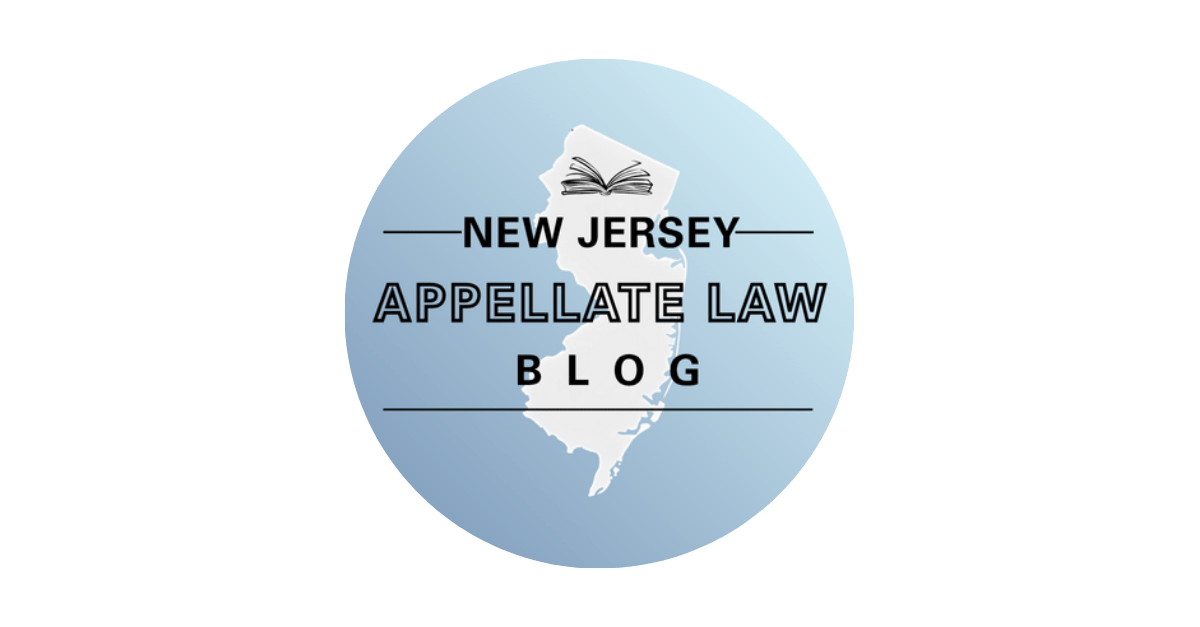Today is Election Day, and courts are closed. That offers the opportunity to catch up with the Appellate Division, which issued three published opinions last week. Here are summaries of those decisions:
Alternative Global One, LLC v. Feingold, ___ N.J. Super. ___ (App. Div. 2024). This opinion by Judge Gummer involved an appeal from a Law Division denial of a motion to quash a subpoena issued in connection with a Florida lawsuit. The subject of quashing a subpoena does not often come up in published appellate decisions. Applying the abuse of discretion standard of review, the Appellate Division affirmed the denial of the motion to quash. Appellant argued that “there is no conceivable reason to depose [him]” and that “the deposition seeks irrelevant information.” But Judge Gummer noted that the parties in the Florida case had made a joint submission naming appellant as a fact witness. Appellant’s other contentions– that the subpoena did not identify “the areas of anticipated questioning,” that the subpoena was issued in order to improperly obtain confidential information, and that whatever he might testify to was already known to the parties– fared no better. Rules 4:10 and 4:11, as well as the particular facts of the case, defeated those arguments.
Parke Bank v. Voorhees Diner Corp., ___ N.J. Super. ___ (App. Div. 2024). The subject of this appeal was a decision by the Law Division to discharge a statutory receiver. Judge Perez Friscia’s opinion for the Appellate Division addressed at length the requirements for discharging such receivers contained in the New Jersey Business Corporations Act, N.J.S.A. 14A:14-1 et seq. and Rules 4:53-1 to -9. The abuse of discretion standard of review applied, and the panel found the discharge of the receiver to be erroneous and remanded the case for further consideration on that issue.
State v. Italiano, ___ N.J. Super. ___ (App. Div. 2024). This case involved what Judge Marczyk labeled “an issue of first impression…. whether a defendant, serving sequentially several consecutive periods of driver’s license suspensions imposed for various convictions including DWI offenses, can be charged with violating N.J.S.A. 2C:40-26(b) for driving during the suspension period for a non-DWI-related offense while awaiting commencement of a court-imposed DWI license suspension.” The Law Division had denied a defense motion to dismiss the indictment. The Appellate Division applied de novo review to the legal issue presented and affirmed “because the effective date of defendant’s most recent DWI-related sentence was delayed only due to other consecutively imposed accumulated sentences, defendant violated N.J.S.A. 2C:40-26(b) when he operated his vehicle prior to the conclusion of the suspension for his DWI offense.”

